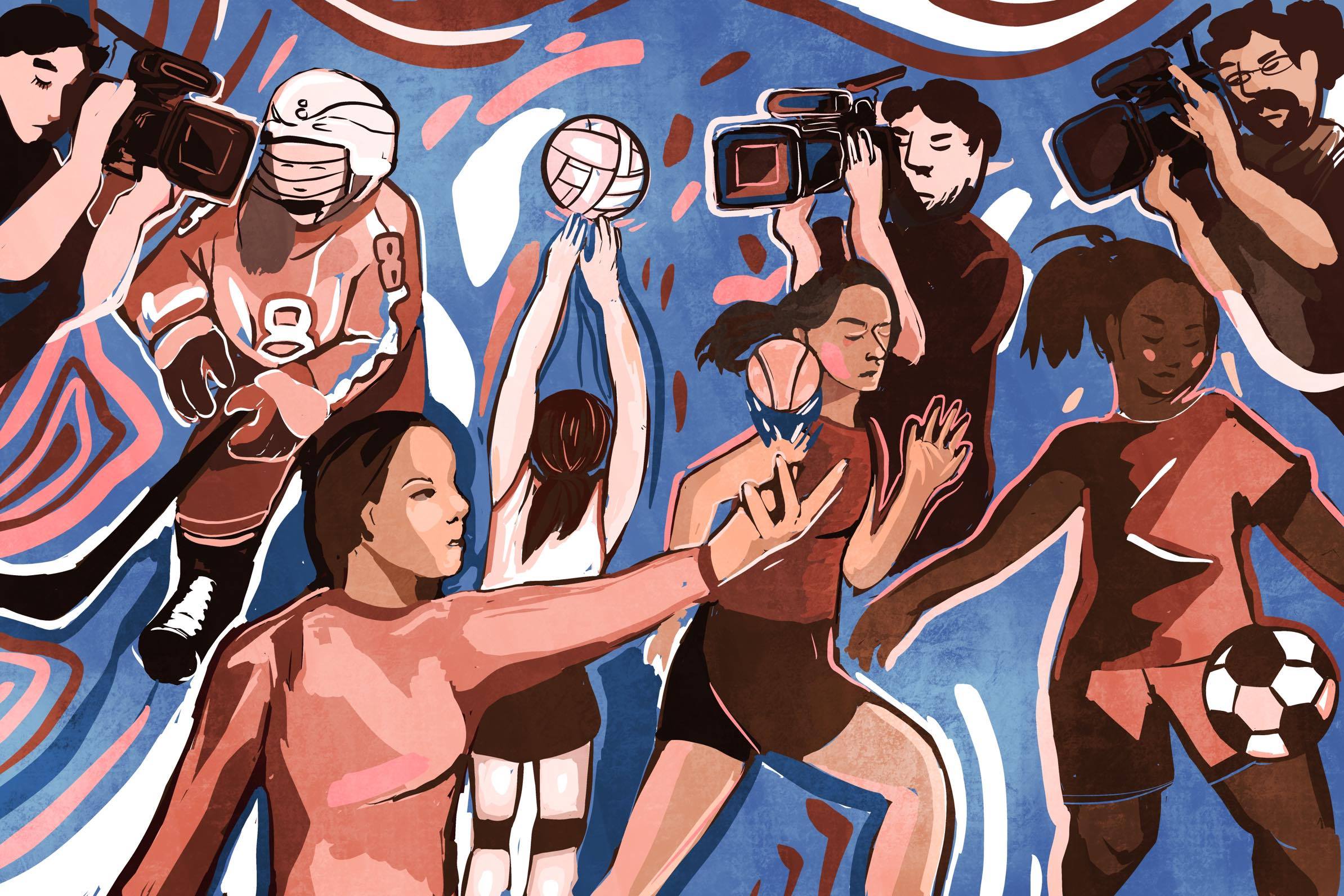Ayda Kulacoglu (10) | STAFF REPORTER
At 9 PM, after taking a too-long nap and eating dinner, you abruptly remember you have an assignment due tomorrow. Ready to tackle it, you’re interrupted by a phone notification, leading to an hour-long chat with your friend. At 10 PM, you determine that you can finish the project in 2 hours and get a respectable amount of sleep, but then remember how frustrating it was to start it when it was assigned. Suddenly a persistent itch pulls you towards your phone again, and turning it on, a white musical note on a black background catches your eye, promising a blissful escape from your wretched assignment. Two minutes won’t hurt, you think to yourself as you open TikTok. Soon, two minutes turn into two hours and you close the app only to find that it’s midnight. Exhausted, you finally open your computer and two hours later, you submit an assignment that you -and unfortunately your teacher– will find incomprehensible with a well-rested mind. Congratulating yourself, you go on Instagram as a reward. At 3 AM, you finally find sleep, only to dream of scrolling through short form videos until the morning.
This is a situation that resonates with many teenagers today. In fact, a study conducted by an educational company found that 86% of teens and almost a quarter of the adult population procrastinate. Thus, it is clear to see that procrastination, the persistent delay in starting or completing tasks despite knowing the negative consequences, is a universal human experience.
Delving deeper, the roots of procrastination can be traced to the intricate interplay of motivation, self-regulation, and the fear of failure. A study published in the journal Psychological Science in 2018 found that procrastination is not merely a result of poor time management, but is often linked to a failure to manage emotions effectively. When faced with a task, individuals may experience negative emotions, such as anxiety or boredom, leading them to delay the work in favor of short-term mood improvement. Therefore, it is no surprise that social media– a gold mine of short-term pleasure– has introduced many new dimensions to the psychology of procrastination. According to the Pew Research Center, more than half of teens today use social media platforms, creating an environment where distraction is just a click away. The constant flow of notifications, curated content, and the allure of online engagement contribute to the procrastination dilemma. As users scroll through their feeds, instant gratification from likes, comments, and shares can provide a dopamine rush, creating a cycle that hinders task initiation.
Furthermore, a 2023 New York Times article highlights a recent lawsuit against Meta, the parent company of some of the biggest social media platforms such as Instagram and Facebook. The lawsuit underscores how social media intentionally engages users, especially youth, in compulsive usage through tactics like intermittent reinforcement: a behavioral concept where rewards or punishments are given irregularly after a specific behavior, making the behavior more likely to persist. The article’s insights highlight the intentional exploitation of human psychology, emphasizing that the challenge isn’t just technological evolution, but also the deliberate design strategies making social media increasingly irresistible for procrastination.
Looking ahead, the future of procrastination may be intricately tied to the evolving landscape of social media. As these platforms continue to permeate our daily lives, the potential for distraction and procrastination may intensify. With the rise of immersive technologies, such as augmented and virtual reality, the lines between the digital and physical worlds may blur, presenting even more enticing procrastination opportunities. As we witness the growing integration of these platforms into our daily lives, there is a pressing need to address their negative impact on not only productivity, but the well-being of society as a whole. Specifically, it is fundamental to consider how our current trajectory may shape that of tomorrow’s. We can already see how increasing reliance on quick pleasures (such as social media) can harm our productivity and various aspects of our lives, so what might a society completely incapable of choosing hard work over pleasure look like?



